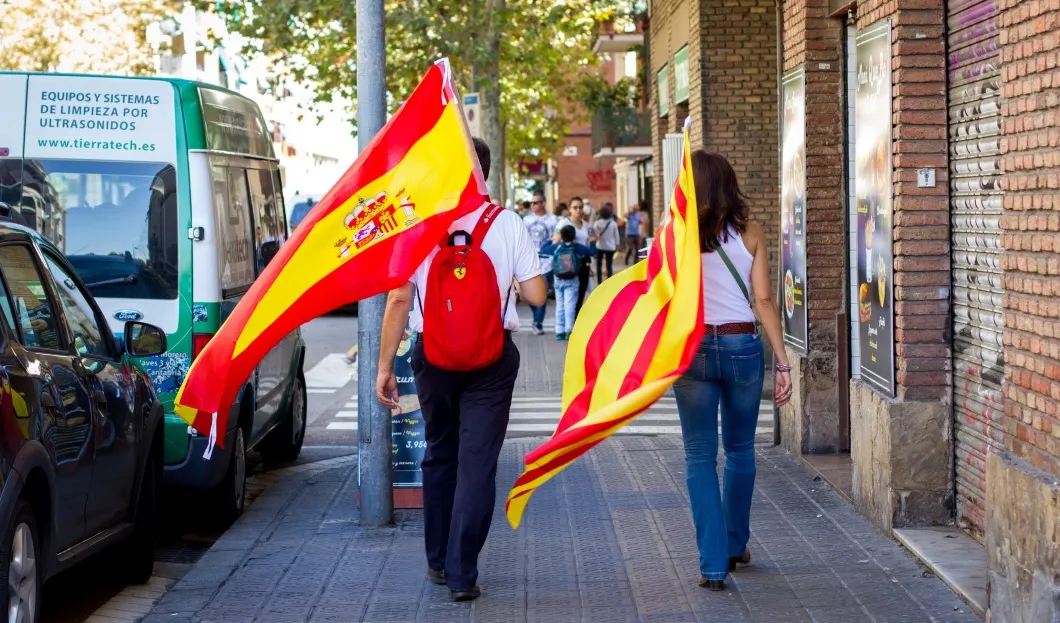
The hotel sector in Barcelona lost half a million euros of daily revenue per available room (RevPar) during the third quarter of the year due to the Catalan crisis, after growing at a record rate of 16% in the first nine months, according to the results of a data study by STR and Magma Consulting.
“The hotels in Barcelona registered 14 euros less per day per available room, in the third quarter of the year (2017), which in total adds up to a sum of around 50 million euros lost in RevPar in Ciudad Condal, for the third quarter,” said Javier Serrano, a representative of STR in the Iberian Peninsula.
In fact, STR’s information has pointed out that this decline in revenue only takes RevPar into account, so “the losses in the third quarter in Barcelona may have been higher without including other aspects such as transportation, shopping or tourism activities”, Serrano emphasized.
The hotel sector in Barcelona has been affected by a “clear decline” in hotel occupancy during the last three months of the year, as a result of the independence process in Catalonia. In addition, according to the study, after recording a RevPar increase of 16% until September, revenues per available room decreased by 10.8% in October, by 12.3% in November, and finally collapsed by 23.9% in December.
After such a decrease of RevPar, initiated by the independence referendum, Barcelona reported an increase of 8% revenue per available room (RevPar) in the entire year, thanks to the fact that the growth registered until September was superior to 16%, a new record for its hotel sector.
Looking ahead to 2018, STR expects that Barcelona will register negative figures both in its RevPar, as well as in overall hotel occupancy and the average daily rate (ADR), until September of this year.
This is due to the fact that in 2017 Ciudad Condal registered a large increase in this period, which after the first nine months was slowed down by the Catalan crisis.
“The hotel sector in Barcelona expects negative figures throughout the year not because it stopped growing, but because in comparison with the positive data reported in 2017 until September, we will be seeing negative figures that won’t reach the same growth,” Serrano explained.
On the other hand, thanks to the good results recorded by Málaga last year, being the second Spanish city with the highest growth in revenue per available room, with an increase of 17% and only behind Madrid (+18%), STR believes that the Andalusian city “could be the new Barcelona in terms of growth”.
Regarding this city, STR highlighted its cultural, gastronomic and ‘sun and beach’ offers, with which STR expects a good growth on the Málaga’s RevPar for 2018, following the one recorded last year.
However, Serrano pointed out that Málaga “still has to grow a lot and it has a great margin for improvement”, especially in its average daily rate.










You may also have mentioned in your article (as a clear cause of this decrease in the hotel RevPar in Barcelona) that there had also been a terrible terrorist attack in Barcelona at the end of August and that all TV stations worldwide had shown on 1st October 2017 how Spanish security forces were using disproportionate violence on peaceful Catalan citizens trying to vote. Saying that the decrease of RevPar was initiated by the independence referendum shows a kind of lack of understanding on the issue and very biased unfair point of view. Luckily, this negative trend on Barcelona's hotel RevPar has already been inverted.